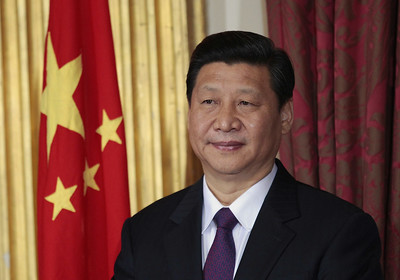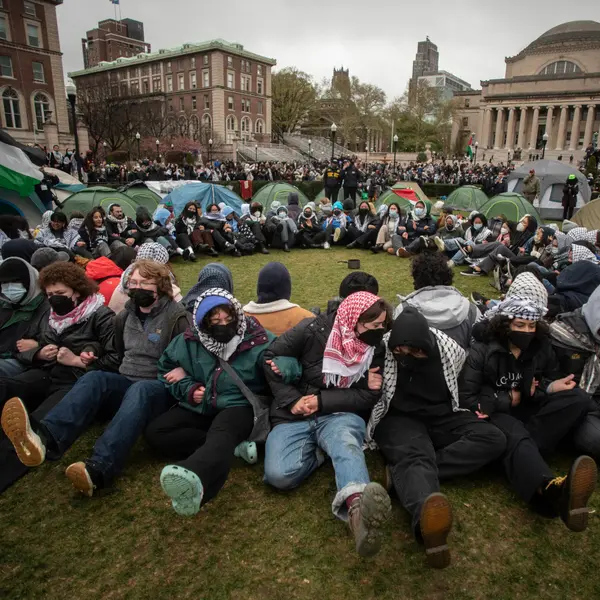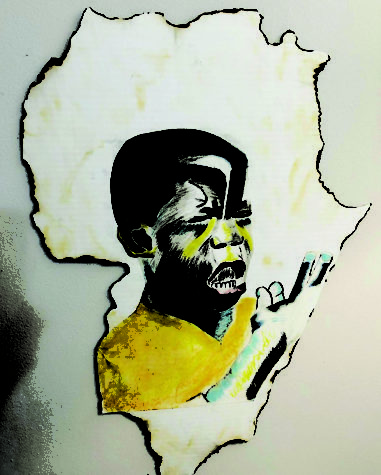Another 5 years of domination: Continuation of Xi’s era
December 7, 2022

Having secured a norm-breaking third term presidency at the recent 20th National Congress of the Chinese Communist Party lasting from October 16 to 22, Xi Jinping, through the vision of building a nationalist China, consolidated his position as the most powerful ruler since Mao Zedong.
During the Congress meeting, a dramatic scene erupted: China’s former leader Hu Jintao was escorted out from the congress right before the closing session. With two men coming up to his seat and one even trying to lift him up from the chair, Hu was shepherded out of the meeting, despite his resistance. Varied speculations fueled—Hu’s concerning health status? A “senior moment” for an elderly man? Or a purge of the predecessor signifying the current leader’s power? However, due to the lack of transparency of the current Chinese political environment, the truth of this bewildering moment will very likely never be revealed.
Being gripped in a sinking ideology, some Chinese citizens rebelled. Beijing Sitong Bridge Protest, which happened on the morning of October 13 preluding the 20th National Congress, accused President Xi as a dictator and human rights violator. The posters hanging on the bridge said “We want food, not covid testing; freedom, not lockdowns; dignity, not lies; reform, not rulers; to be citizens, not slaves; Destroy the old world. Build a new world.” Although this act did not influence Xi’s elected presidency, and reports relating to this protest were soon banned, it alone demonstrated a brave and collective outcry.
Many of these posters referred to Xi’s Zero-Covid Case policy, which some argue that the policy itself is more deadly than the virus. Xi’s forceful policies ushered the tragic events taking place across the country. For instance, On September 18, a quarantine bus accident occurred at around 2:40 a.m. in Guiyang, Guizhou, causing the death of 27 people, disregarding the Chinese transportation rules that prohibit long-distance coaches from operating between 2 to 5 a.m. Triggered by this accident, the headline “What makes you think that you wouldn’t have been on that bus?” caused many Chinese’s empathy with the casualty, indicating without the prevention of such compelling regulation, anyone could be the next victim. Moreover, devastation is constantly experienced by citizens when the rigid regulations showed only apathy towards tragedies: a 55-year-old woman in Hohhot reportedly jumped from the 12th floor of her apartment on November 7, whose 29-year-old daughter pleaded for her door that had been “welded shut for a month” to be opened in search for her mother.
These are very few incidents at a glance. Some media organizations abroad criticized the government’s apathetic attitude towards its own people’s sufferings; Indeed, three-year-long restrictions led by President Xi’s Zero-Covid Case policy brought success in controlling the virus swirling around China, yet did not seem to be alleviating inconvenience covid brought to its people.















